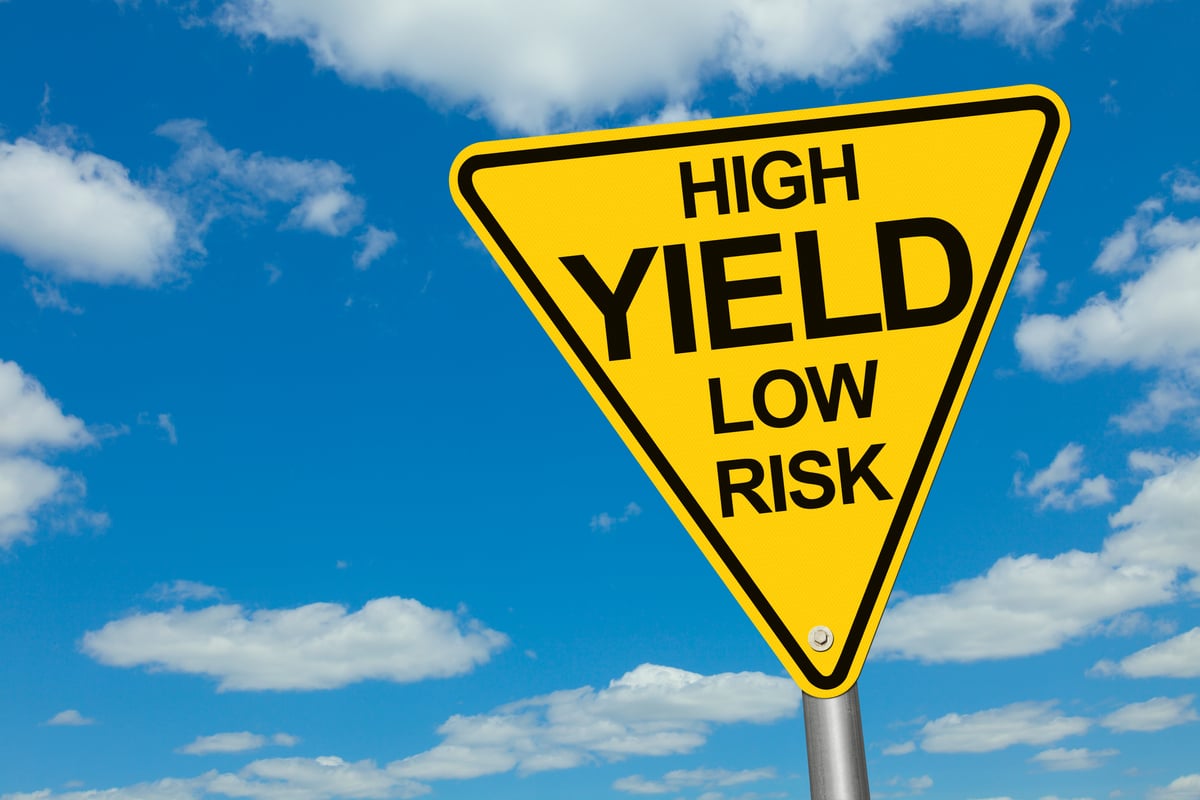
Source: SodaStream.
The days of traditional diet sodas appear to be numbered. Moody's Investors Services is reporting that while carbonated soft drink sales declined 2.6% in the U.S. last year, the industry experienced a more problematic 5% drop in diet and low-calorie sodas.
This is obviously bad news for Coca-Cola (KO +0.34%) and PepsiCo (PEP +0.04%), the world's two largest pop stars. However, this is also bad news for SodaStream (SODA +0.00%), the company behind the namesake beverage platform that turns still water into carbonated soft drinks.
We certainly live in weight-conscious times, so why are diet sodas fading in popularity? The clearest stumbling block is the growing concern about the potential health detriments of consuming the artificial sweeteners being used to eliminate the calories and carbs. There's no shortage of debate on the matter, but mere awareness of the possible risks makes diet soda less of the guilt-free indulgence that we once thought we were cracking open.
The Moody's report points out that the industry's efforts to bridge the difference by offering low- and mid-calorie drinks along the lines of Dr. Pepper TEN and Pepsi Next are failing. The problem with these bubbly tweeners is that they wind up offering the worst of both worlds. They still pack some calories, failing to sway the drinkers of diet beverages, but they also replace at least some sugar content with aspartame, acesulfame potassium, sucralose, and some of the other artificial sweeteners that have come under fire.
Another trend that's probably eating away at the popularity of diet sodas is the growing number of options. Between functional water and energy drinks, two categories that continue to grow, there are ever more calorie-free ways to find liquid refreshment.
PepsiCo and Coca-Cola are positioned well to cash in on this trend. Coca-Cola owns vitaminwater, and PepsiCo has Gatorade. Both have a healthy portfolio of juices, teas, and waters. PepsiCo's product lines also include Quaker oatmeal, Frito-Lay salty snacks, and Tropicana, helping it overcome the likely continuing slide in diet carbonated drinks.
SodaStream isn't as fortunate. Its fate is tethered to the rise and fall of carbonated beverages. Even the notion of consuming fewer fizzy drinks could be catastrophic, since that disrupts the value proposition of buying a SodaStream system in the first place. The one saving grace for SodaStream is that if the battleground has moved to non-diet sodas, it's well positioned for folks pulling up nutritional tables. SodaStream's non-diet sodas contain just a third of the calories, carbs, sugars, and sodiums found in Coke and Pepsi.
One thing Moody's points out is that the phenomenon for now is limited to stateside consumption. That seems to be playing out with SodaStream's recent financial performance, as growth overseas has offset stateside declines. Coca-Cola and PepsiCo have seen similar trends on a less pronounced scale.
Investors will still want to keep a close eye on this development. If the industry doesn't shift to less controversial natural sweeteners, or if consumers move away from fizzed-up refreshment altogether, that could mean more pain for Coca-Cola, PepsiCo, and SodaStream.







